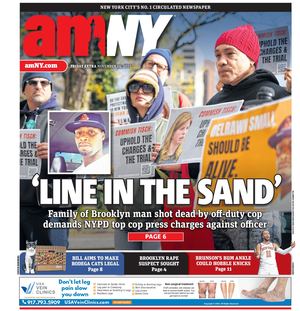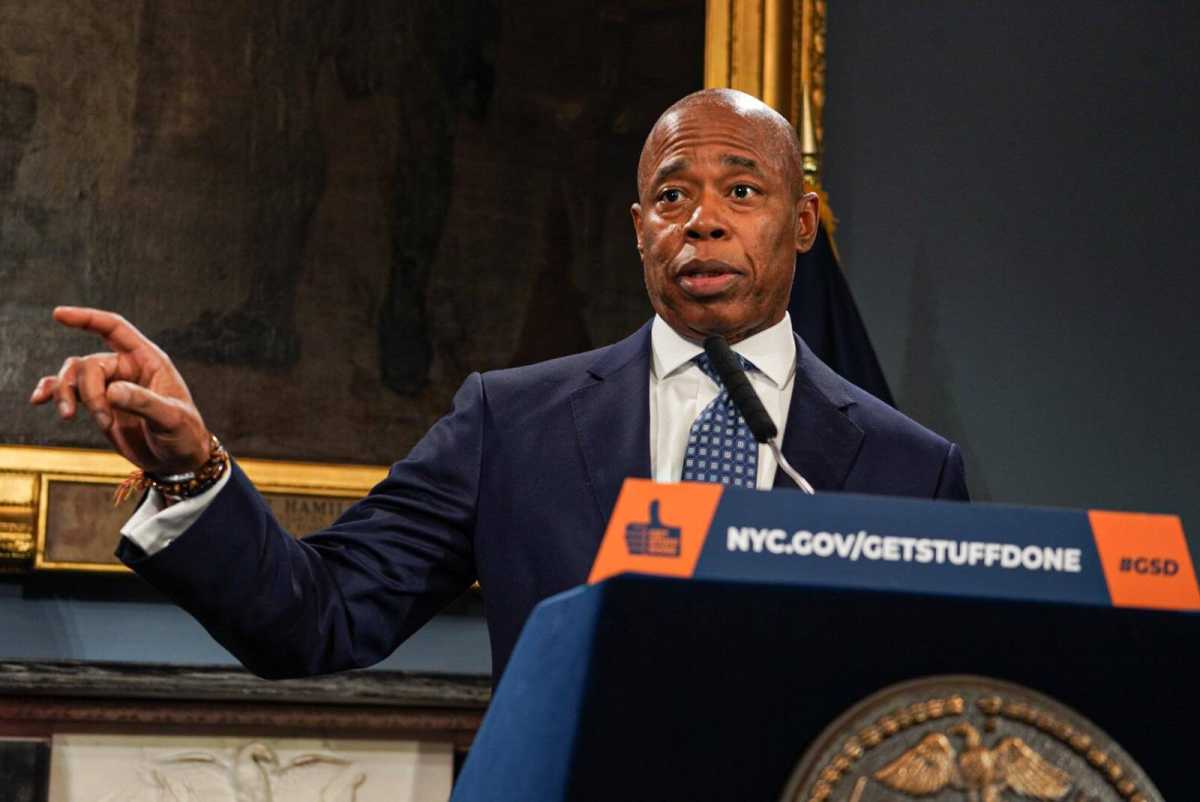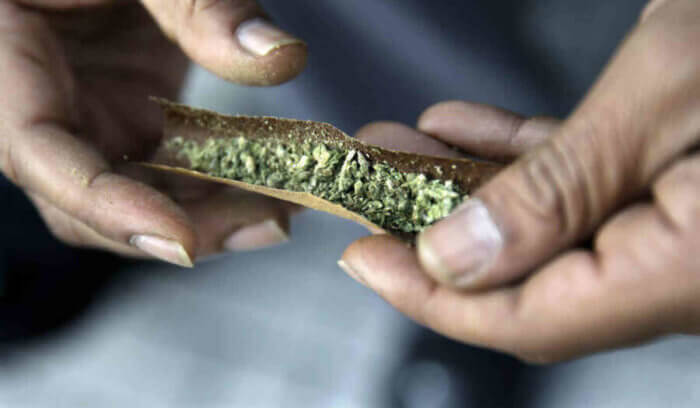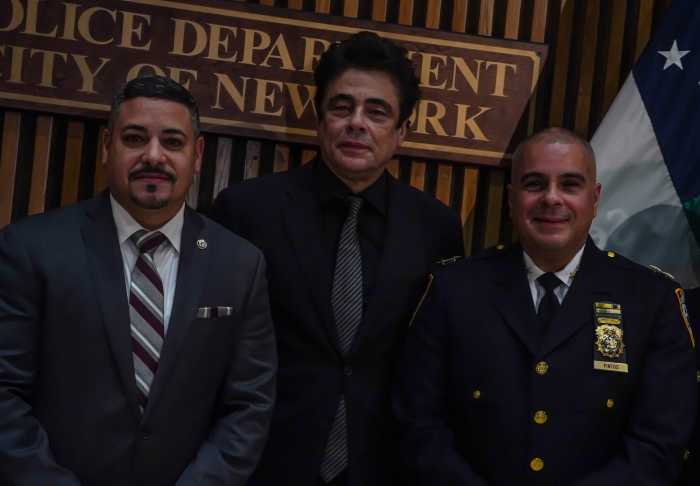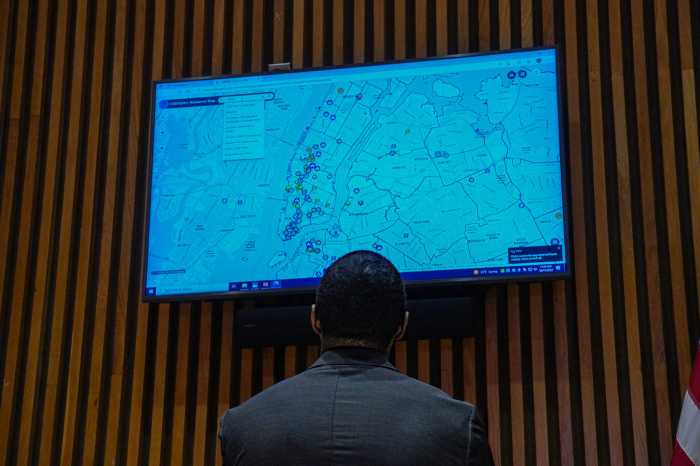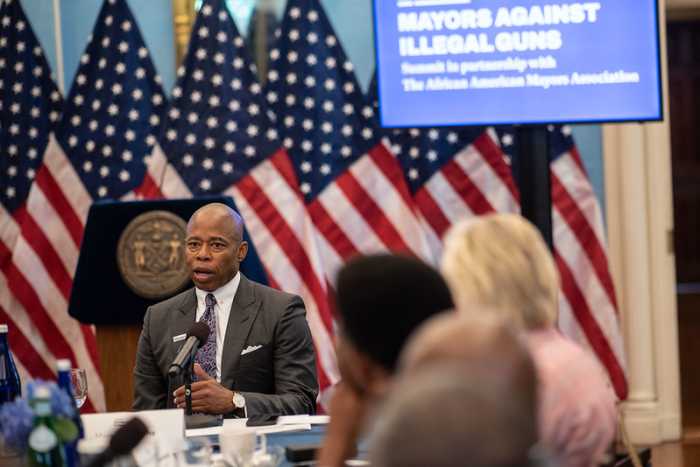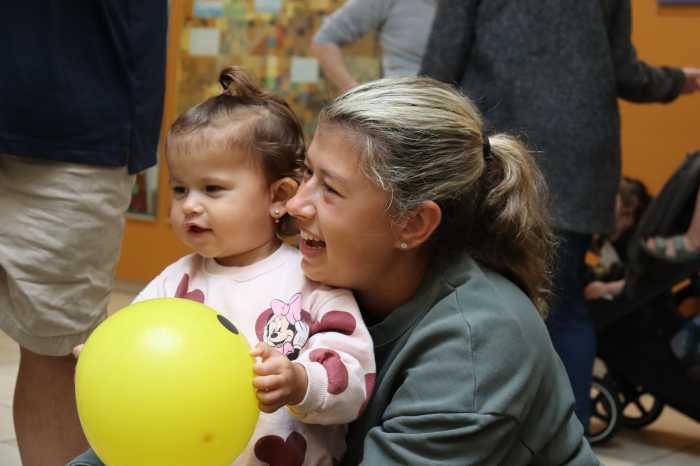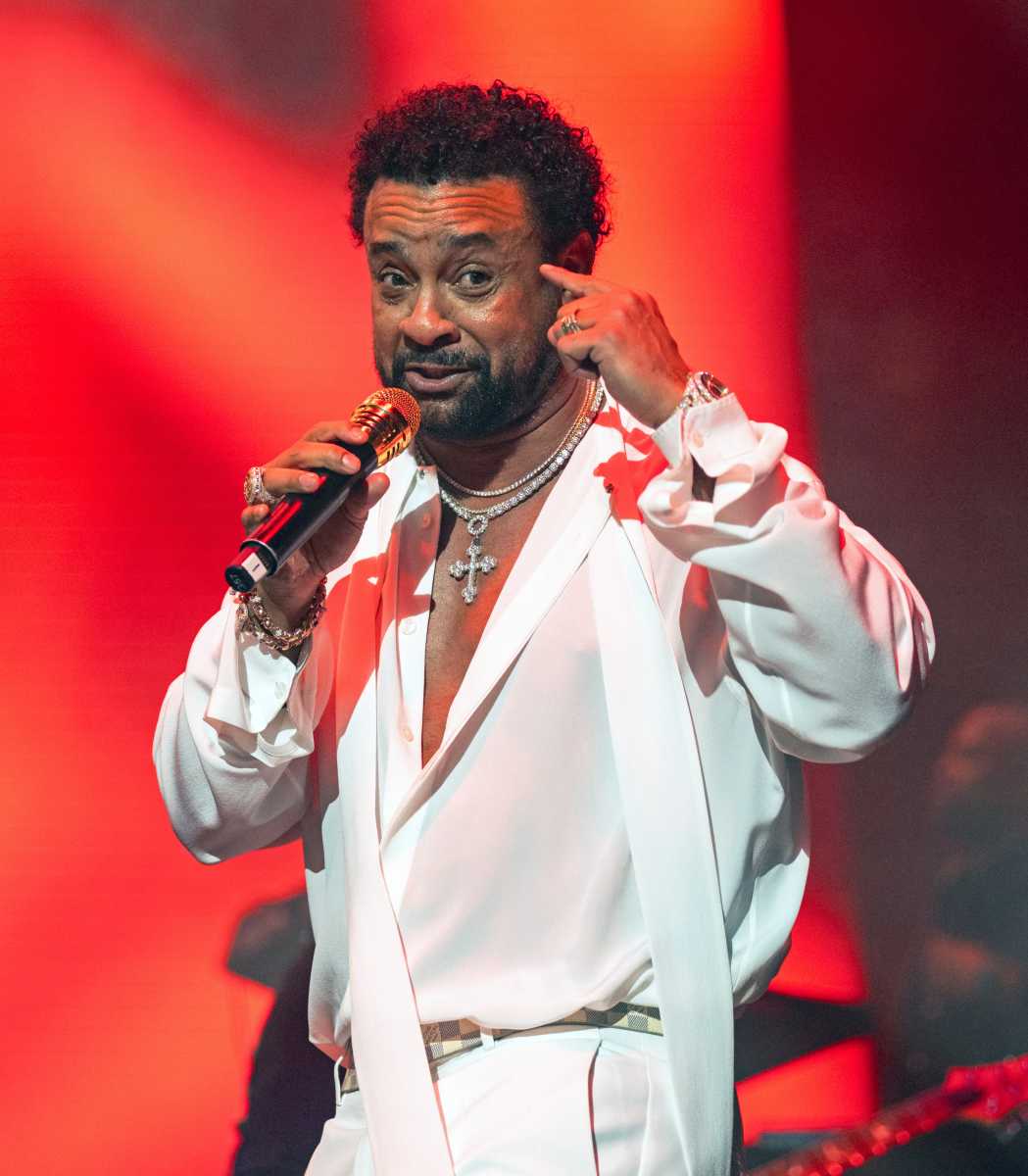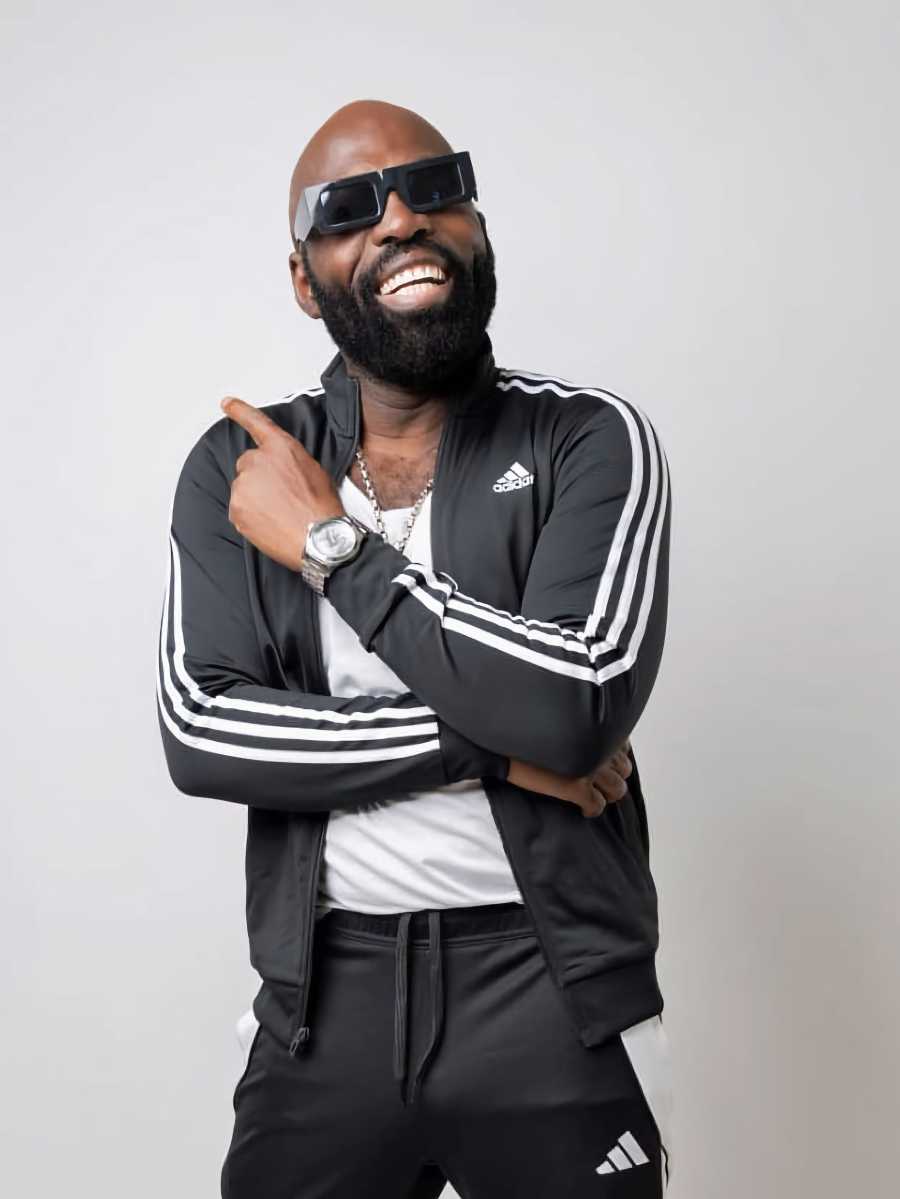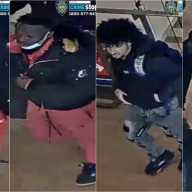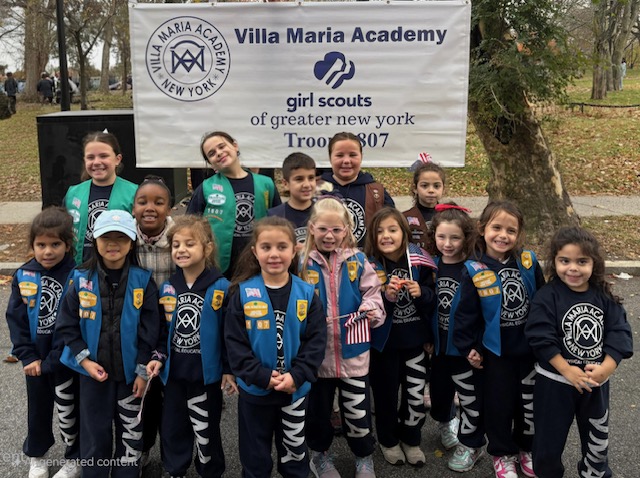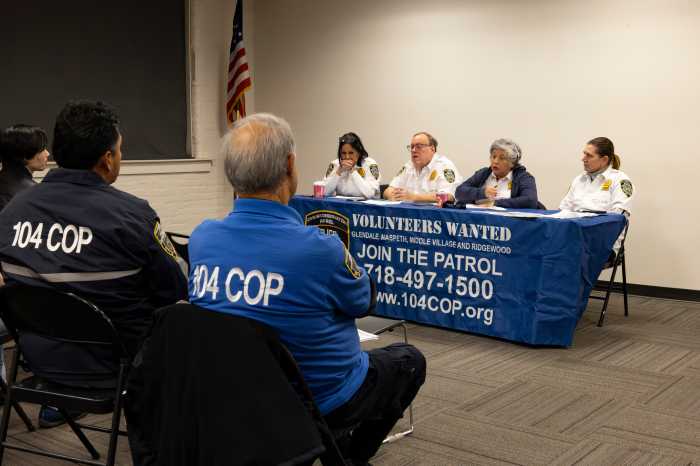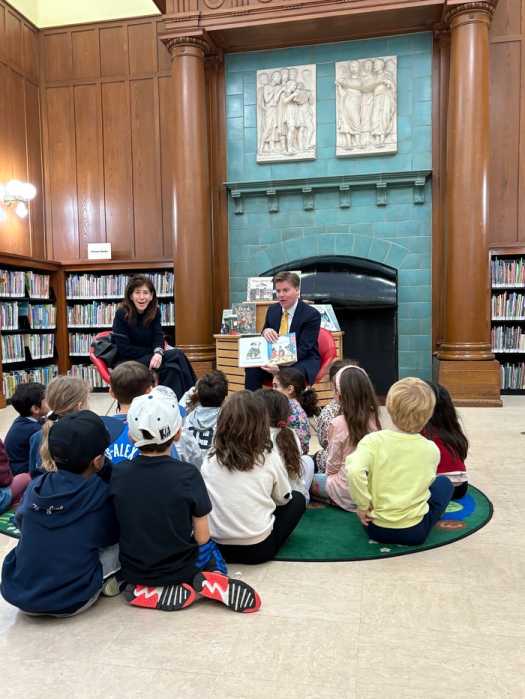A special NYPD committee tasked with reviewing the department’s investigations into “political activity,” including alleged terrorism ties, received an appointment from Mayor Eric Adams on Tuesday.
Muhammad Faridi, a contract law attorney, was appointed as the new civilian member of a 10-person NYPD “Handschu Committee,” an internal NYPD body that was formed in 2017 — under former Mayor Bill de Blasio — following a pair of federal suits that alleged the department engaged in improper investigations of the Muslim community.
Faridi is only the second civilian member, and the first Muslim American, to be appointed to the committee and will replace Stephen Robinson, the former district judge for the Southern District of New York (SDNY). He’ll serve a five-year term.
The committee is charged with assessing whether NYPD investigations into political or religious activity are in compliance with the Handschu Guidelines, which were established through a 1985 consent decree that bars the department from investigating political or religious groups in the absence of “specific information” linking them to a crime.
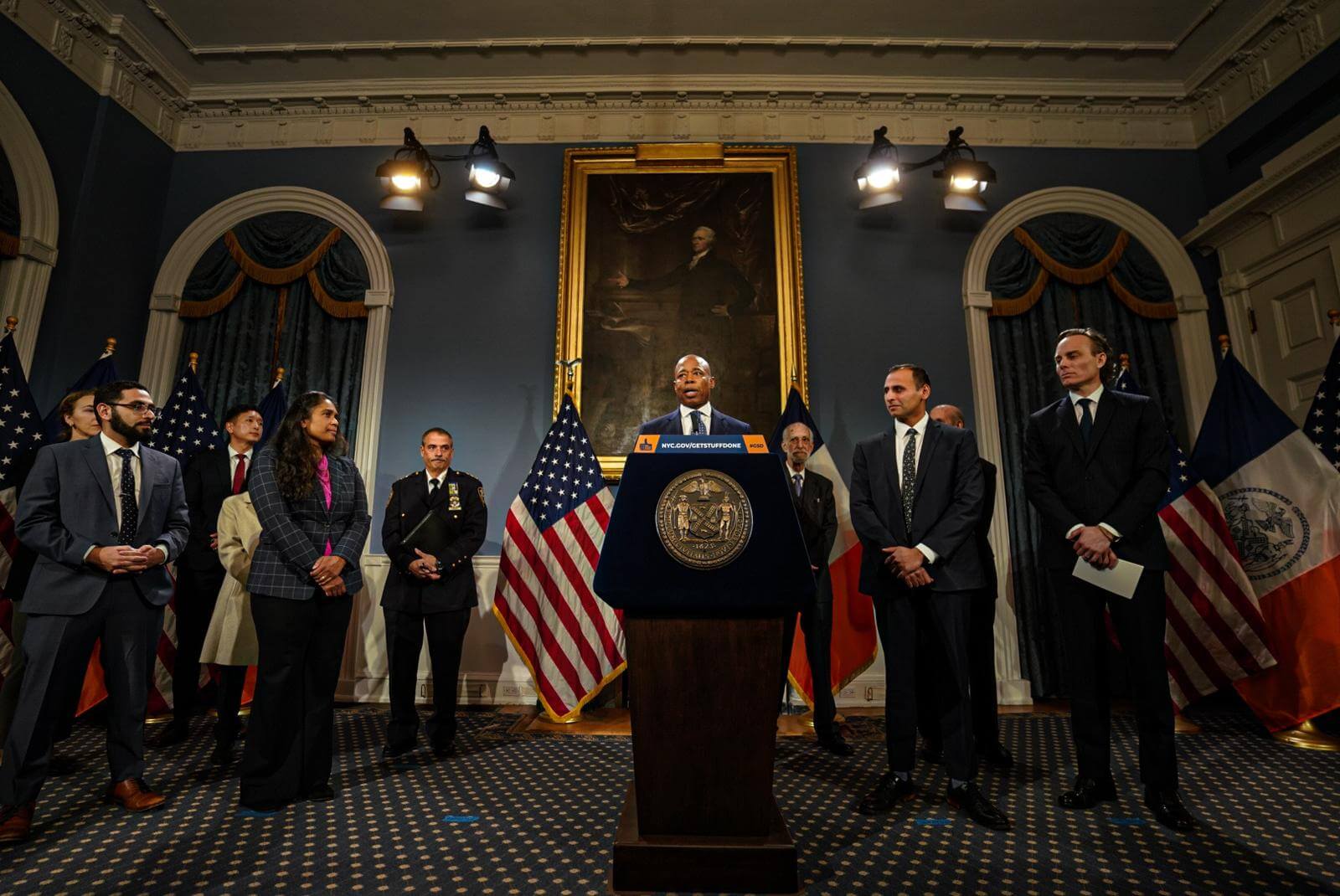
In addition to the one civilian member, the Handschu Committee is made up of nine representatives from the NYPD brass, including the NYPD Chief of Intelligence Thomas Galati.
“You’re going to be the only civilian member to be in a room with law enforcement … you have to go in there and stand on behalf of what’s right” Adams said to Faridi, while announcing his appointment at City Hall on Tuesday afternoon.
“We have a myopic view sometimes when we’re in law enforcement, we view things differently and we need that civilian oversight and view at the table,” he added. “Because this isn’t a police state, this is the United States and that means our civilians run our country. And so your presence is important.”
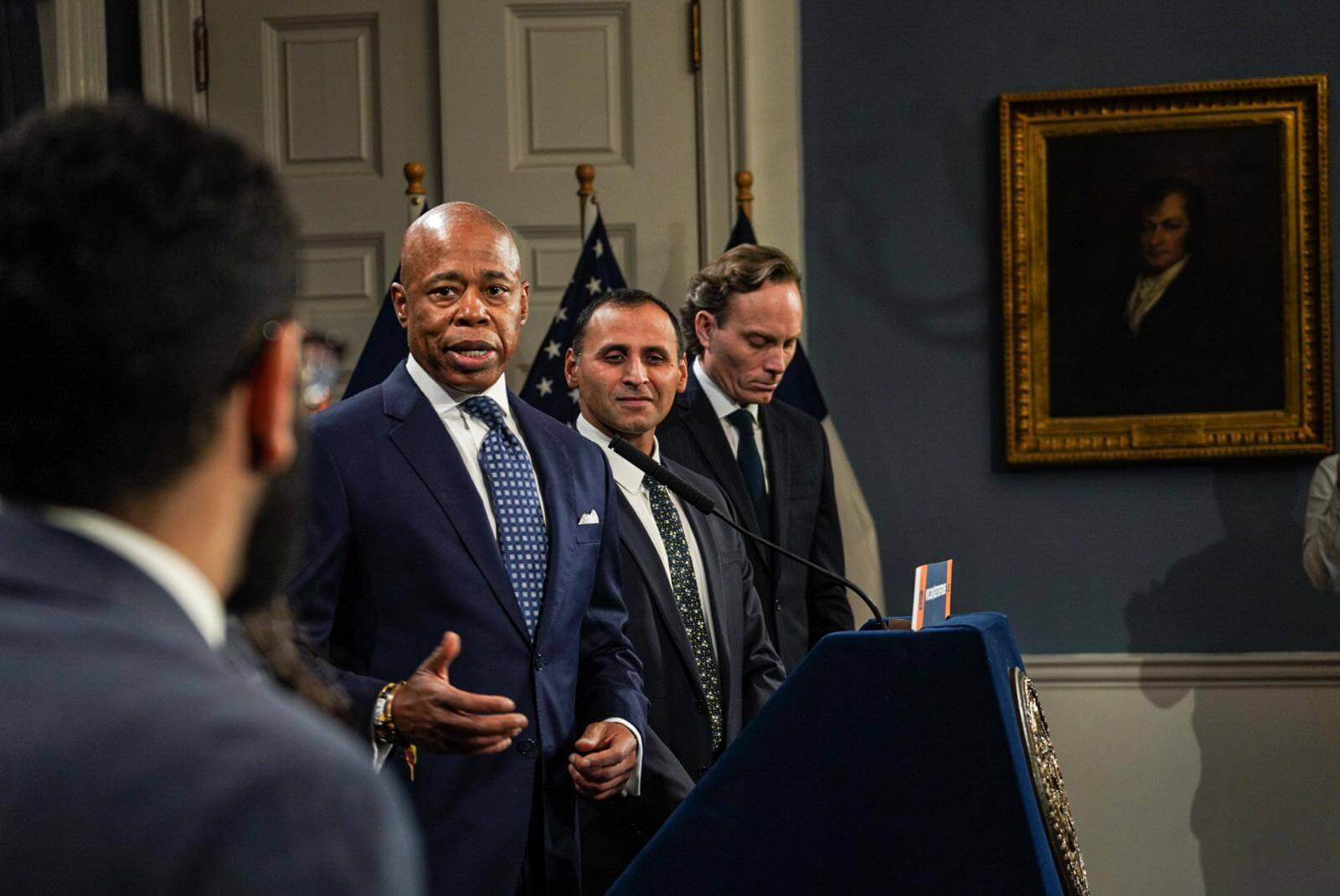
Adams said he chose Faridi for the role after his chief counsel, Brendan McGuire, found and recommended him. The mayor said he was impressed with Faridi’s public school education and working class upbringing.
“I looked over your resume and I was just really pleased,” Adams said. “There were some significant things that I zeroed in [on] right away. John Jay College, my alma mater, CUNY Law School. Your dad was a cab driver, still is a cab driver … That is the qualitative, emotionally intelligent, people we need to make these important decisions.”
Faridi, who’s currently partner in the litigation department of the law firm Patterson Belknap, said the significance of being the first Muslim American appointed to the committee “is not lost on me.”
“The Muslim community and all communities, I understand that they’re looking at me and they want to make sure that the NYPD does the right thing in some of the most important work that the NYPD does for our city in our country,” Faridi said.
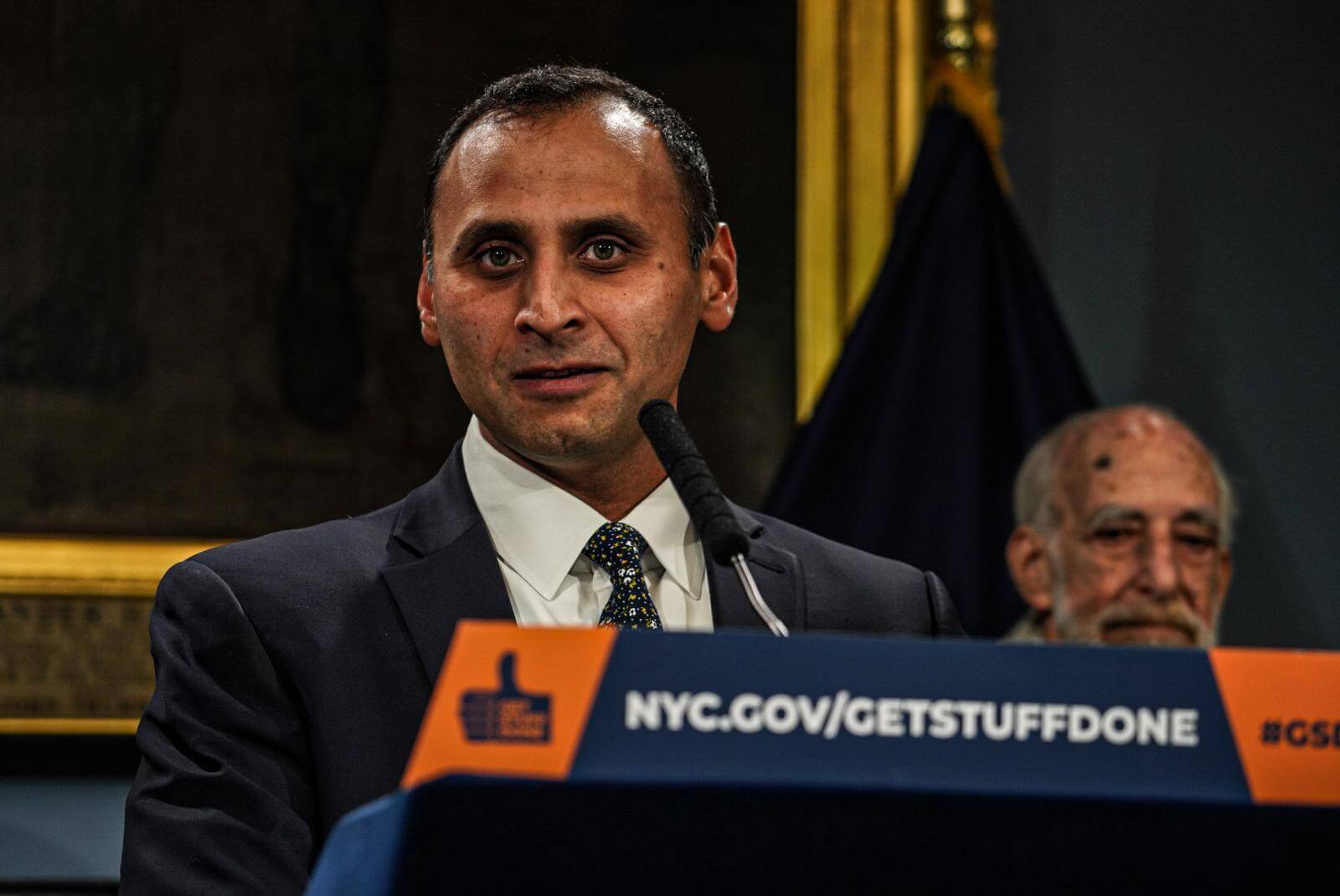
In addition to the breach of contract and commercial torts cases Faridi takes on in his day job, he also works pro-bono on behalf of refugees, those on death row and children with disabilities.
The civilian member on the committee is empowered to raise matters either to NYPD Commissioner Keechant Sewell or the federal judge assigned to the case — U.S. District Judge Charles Haight — if they believe one of the department’s investigations violates the Handschu Guidelines. Adams said he believes this gives the civilian member “a lot” of power over influencing NYPD investigations.
“The way the Handschu Guidelines guidelines are laid out, if he or she believes something is done incorrectly, they have the opportunity to communicate with the police commissioner and then they can go to the judge,” he said, in response to a question from amNewYork Metro.
“So, there’s some real protections here and the goal is to make sure it’s effectively done,” he added.
